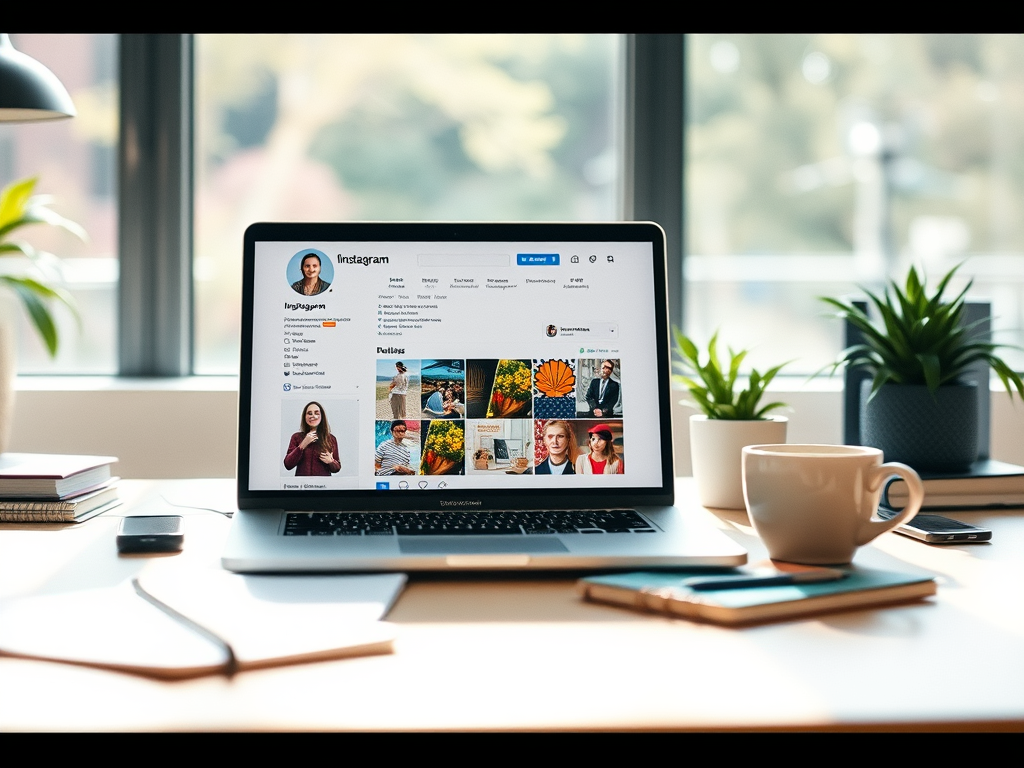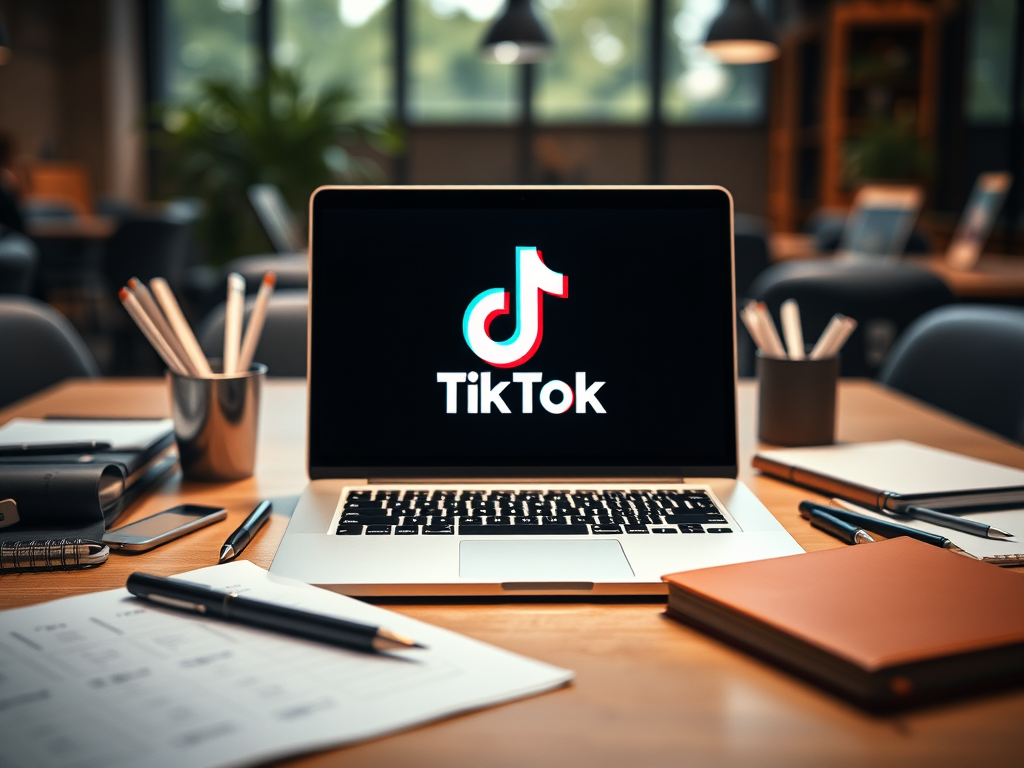
In today’s digital world, businesses have numerous options when it comes to choosing the right social media platforms for their marketing efforts. Each platform has its own unique features, audience, and style. Choosing the right one can make a significant difference in how effectively you reach and engage with your target customers. In this article, we’ll explore the major social media platforms, their key differences, and which types of businesses they are best suited for.
V-factor editors have prepared an article for you, here we will answer and tell you what social networks are suitable for business (their pros and cons).
Ready for the next level?
Facebook as a Social Media for Business

Overview:
Facebook is the largest social media platform, with over 2.9 billion monthly active users worldwide. It is versatile, allowing businesses to post text, images, videos, stories, and host live streams. Facebook’s sophisticated ad platform also provides robust targeting options for reaching specific demographics.
Best For:
- Local businesses: Ideal for reaching a wide, local audience through community groups and targeted ads.
- Service-based businesses: Such as real estate agents, consultants, or healthcare providers, who can use Facebook to build relationships and provide customer support.
- E-commerce stores: Great for driving traffic to online stores and showcasing products through Facebook Shops.
Not Ideal For:
- Ultra-niche B2B companies: While B2B businesses can use Facebook for visibility, it is often not as effective as LinkedIn for targeting decision-makers in specific industries.
- Brands targeting Gen Z: Younger audiences are gradually moving away from Facebook in favor of platforms like Instagram, TikTok, and Snapchat.
Instagram as a Social Media for Business

Overview:
Instagram is a visually-driven platform with over 2 billion active users, focusing on photos, videos, Stories, and Reels (short-form videos). It’s highly popular among younger demographics and brands that rely on visual appeal.
Best For:
- Fashion, Beauty, and Lifestyle Brands: These industries thrive on visually engaging content, such as product photos, influencer collaborations, and behind-the-scenes content.
- Restaurants and Cafes: Perfect for showcasing mouth-watering dishes and drinks, creating a strong brand aesthetic.
- Travel and Hospitality: Visual storytelling through photos and videos can attract and engage potential travelers.
- Creative Professionals: Photographers, designers, and artists can use Instagram as a portfolio to showcase their work.
Not Ideal For:
- Industries with Non-Visual Products: For businesses that don’t have visually appealing products (like software companies), Instagram may not provide the same ROI as platforms that are more text or value-oriented.
- B2B Companies: While B2B businesses can still benefit from Instagram, it generally isn’t the most efficient platform for targeting decision-makers.
Twitter (Now X)

Overview:
Twitter, now rebranded as X, has about 368 million monthly active users and is known for its real-time updates, news, and conversation-driven content. It’s a platform where brevity matters, with character limits encouraging concise messaging.
Best For:
- News and Media Outlets: Ideal for sharing breaking news, live updates, and engaging in current conversations.
- Public Figures and Thought Leaders: A great platform for CEOs, politicians, and industry experts to share insights and engage directly with their audience.
- Tech and Software Companies: Effective for sharing industry news, product updates, and engaging with tech-savvy audiences.
Not Ideal For:
- Visual-Heavy Brands: Companies relying on visual content, like fashion brands, may find Instagram or Pinterest more effective.
- Small Local Businesses: Unless they are involved in the tech or media sectors, local businesses may struggle to gain visibility without a clear, unique angle.
LinkedIn as a Social Media for Business

Overview:
LinkedIn is the leading platform for professional networking, with over 950 million users, making it ideal for B2B marketing, recruitment, and professional branding. It focuses on industry news, career development, and thought leadership.
Best For:
- B2B Companies: Especially those offering professional services, SaaS, or consulting. LinkedIn is a powerful platform for connecting with decision-makers and other businesses.
- Recruitment and Staffing Agencies: An excellent tool for finding talent and building employer brands.
- Thought Leaders and Industry Experts: Individuals can establish authority by publishing articles, sharing insights, and participating in relevant groups.
Not Ideal For:
- B2C Businesses in Fashion, Food, or Entertainment: LinkedIn’s professional focus means it’s less effective for brands targeting general consumers or visually-driven products.
- Businesses With Casual Content: LinkedIn is not suitable for fun, casual, or highly visual content that may work well on Instagram or TikTok.
TikTok as a Social Media for Business

Overview:
TikTok has exploded in popularity, especially among Gen Z, with over 1 billion active users. It’s known for its short, engaging videos that often go viral. TikTok thrives on creativity, trends, and authenticity.
Best For:
- Brands Targeting Gen Z: If your target audience is young, TikTok is where they are spending most of their time.
- Creative Industries: Brands in fashion, music, art, and lifestyle can gain significant exposure by participating in viral trends.
- Startups and Small Businesses: TikTok’s algorithm provides a unique opportunity for new brands to go viral quickly without large budgets.
Not Ideal For:
- Highly Regulated Industries: Financial services, healthcare, and other regulated sectors may find TikTok challenging due to its informal nature and compliance concerns.
- Brands Targeting Older Demographics: If your target audience is 40+, you may find more engagement on Facebook or LinkedIn.

Overview:
Pinterest is a visual discovery and bookmarking platform with over 465 million active users, focusing on inspiration for DIY, fashion, home decor, recipes, and more. It’s great for driving website traffic, especially for e-commerce brands.
Best For:
- E-commerce Stores: Particularly those selling home decor, fashion, beauty, or DIY products. Pinterest is a fantastic platform for driving traffic to product pages.
- Bloggers and Content Creators: Ideal for sharing guides, tutorials, and blog posts that inspire or educate.
- Wedding and Event Planning: Pinterest is a go-to platform for ideas and inspiration in the events industry.
Not Ideal For:
- Service-Based Businesses: Unless they have a strong visual aspect (e.g., interior designers, photographers), Pinterest may not be as effective.
- Real-Time Engagement Needs: Unlike Instagram or Facebook, Pinterest is less about real-time engagement and more about evergreen content.
YouTube as a Social Media for Business

Overview:
YouTube is the second-largest search engine after Google, with over 2.5 billion logged-in monthly users. It focuses on long-form video content, tutorials, vlogs, product reviews, and more.
Best For:
- Educational and How-To Content: Brands that can provide value through tutorials, explainer videos, or webinars.
- Tech and Product Reviews: Great for demonstrating product features and benefits in detail.
- Fitness and Wellness: Trainers, nutritionists, and wellness brands can build a strong following with workout routines and health tips.
Not Ideal For:
- Brands Without Video Resources: Creating high-quality video content can be resource-intensive. Brands lacking in-house video expertise or budget may find it challenging.
- Brands Looking for Instant Results: YouTube often requires a consistent and long-term content strategy to see significant results.
Ready for the next level?
Conclusion
Each social media platform offers unique opportunities and challenges for different types of businesses. The key is to understand where your target audience is most active and what type of content they prefer. For visually-driven businesses like fashion and food, Instagram and Pinterest are ideal. For B2B and professional services, LinkedIn offers unparalleled networking opportunities. Meanwhile, TikTok and YouTube are excellent for creative and video-heavy strategies.
Before choosing a platform, consider your business goals, target audience, and available resources. Remember, it’s not always necessary to be present on every platform—focus on mastering a few that align with your brand and audience for maximum impact.

[…] an entrepreneur, you’re likely balancing dozens of tasks every day, and managing your social media can feel like just one more item on an endless to-do list. While social media is crucial for […]